As Mike Rothschild watched his house in Altadena, California, burn to the ground, he was suddenly thrust into the midst of a conspiracy theory. The fire, which was later determined to be caused by an electrical issue, was quickly seized upon by online communities as evidence of a larger, more sinister plot. Rothschild, a journalist and expert on conspiracy theories and disinformation, had spent years studying these phenomena, but nothing could have prepared him for the reality of living through one.
For Rothschild, the experience was a stark reminder of the power of conspiracy theories to distort reality and obscure the truth. "It's a familiar cycle," he says. "Tragedy hits, and then misinformation and conspiracy theories follow. It's often even more acute in the case of a natural disaster, when conspiracy theories about what really caused the calamity run right into culture-war-driven climate change denialism."
Rothschild has spent the last decade writing about conspiracy theories and disinformation, covering everything from the rise of QAnon to whether Donald Trump faked his assassination attempt. He's written three books, testified to Congress, and even written a report for the January 6th Committee. But despite his extensive research, he had never lived through a conspiracy theory himself - until now.
As the fire raged on, Rothschild found himself bombarded with messages from online communities claiming that the blaze was not an accident, but rather a deliberate act of arson. Some even suggested that Rothschild himself was behind the fire, citing his expertise on conspiracy theories as evidence of his supposed guilt. Rothschild was shocked and disbelieving, but also deeply concerned. "It's not just about me," he says. "It's about the way that conspiracy theories can take hold and spread, often with devastating consequences."
Rothschild's experience highlights the darker side of the internet, where misinformation and conspiracy theories can spread like wildfire. But it also underscores the importance of critical thinking and media literacy in the digital age. "We need to be able to distinguish between fact and fiction," Rothschild says. "We need to be able to see through the noise and get to the truth."
So how can we survive a conspiracy theory, and what can we do to prevent them from taking hold in the first place? Rothschild offers several key takeaways. First, it's essential to be aware of the tactics used by conspiracy theorists, including the use of emotional manipulation, cherry-picking evidence, and creating a sense of urgency. Second, it's crucial to verify information through reputable sources before accepting it as true. And finally, it's essential to engage in critical thinking and media literacy, questioning assumptions and evaluating evidence before drawing conclusions.
Rothschild's experience also highlights the importance of fact-checking and debunking in the digital age. "We need to be able to fact-check and debunk conspiracy theories quickly and effectively," he says. "We need to be able to show people that these theories are false and that the truth is something else entirely."
In the end, Rothschild's experience was a sobering reminder of the power of conspiracy theories to distort reality and obscure the truth. But it also underscored the importance of critical thinking, media literacy, and fact-checking in the digital age. As we move forward, it's essential that we prioritize these values and work to prevent conspiracy theories from taking hold in the first place.
In a world where misinformation and conspiracy theories can spread like wildfire, it's more important than ever to be aware of the tactics used by conspiracy theorists and to engage in critical thinking and media literacy. By doing so, we can survive a conspiracy theory and prevent them from taking hold in the first place.
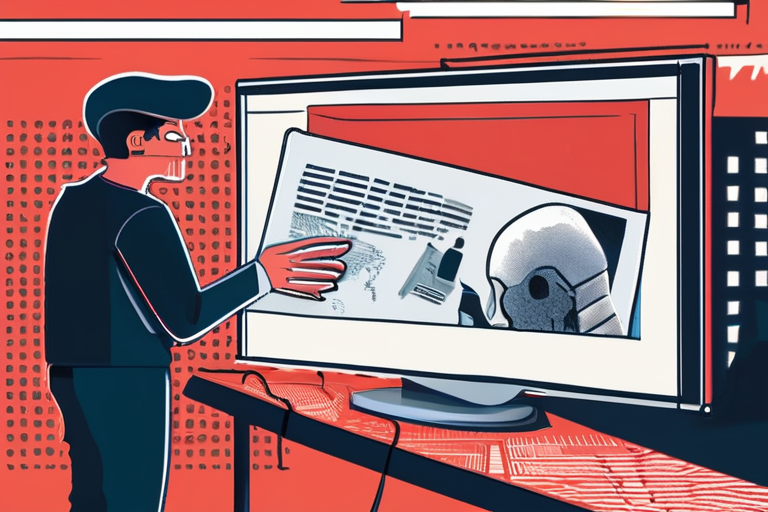


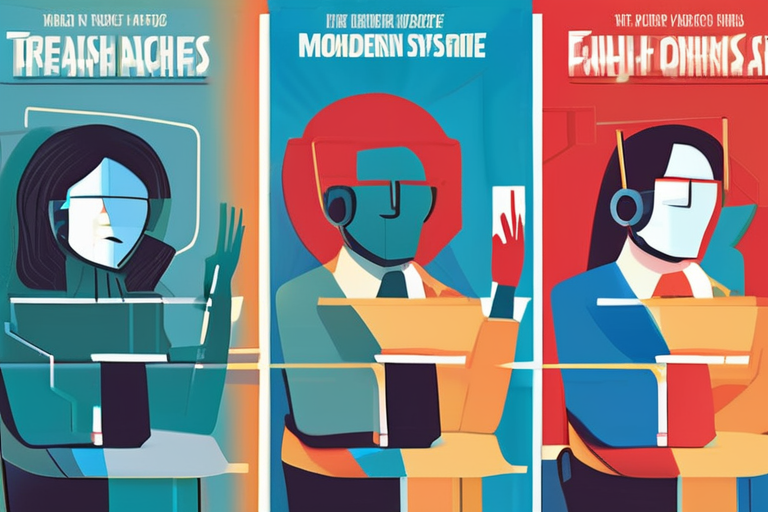
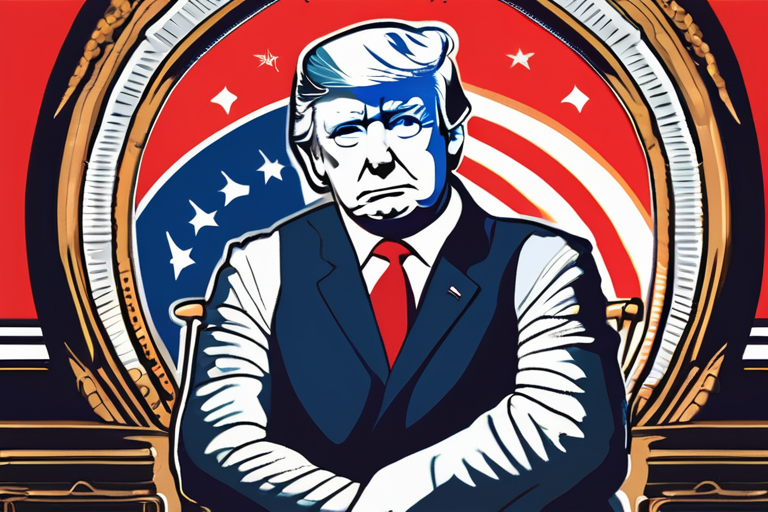
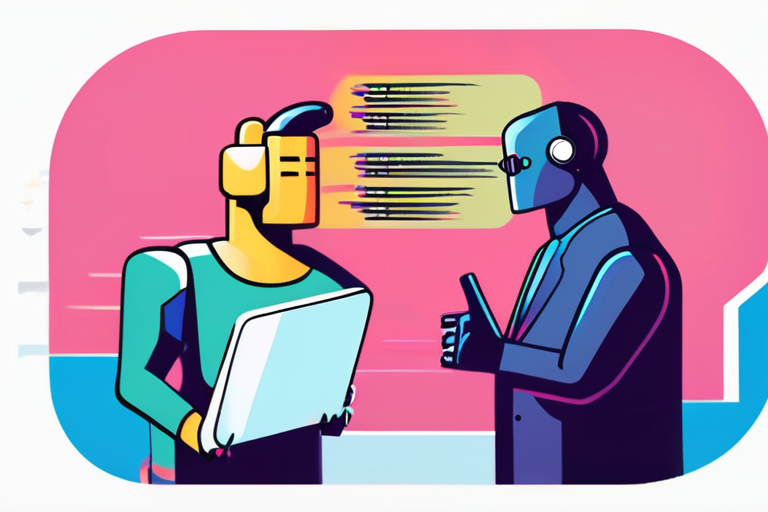
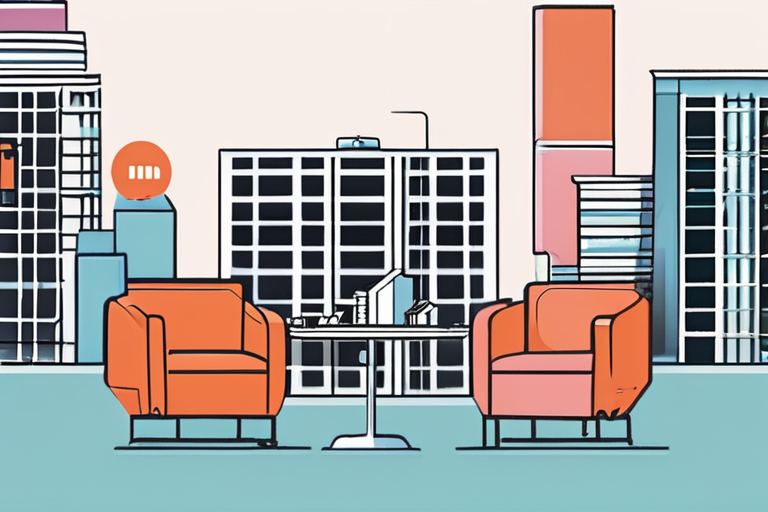
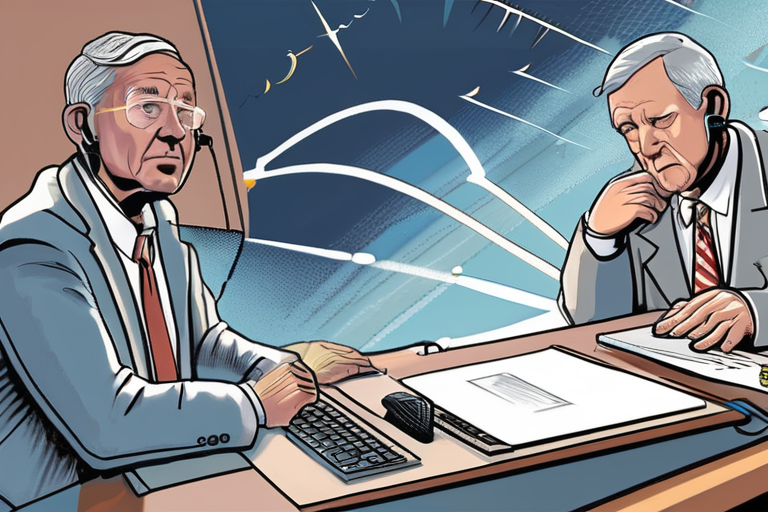
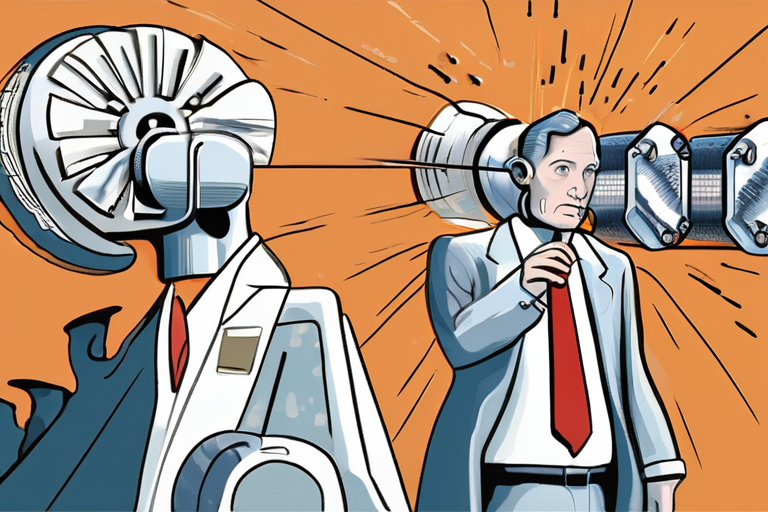
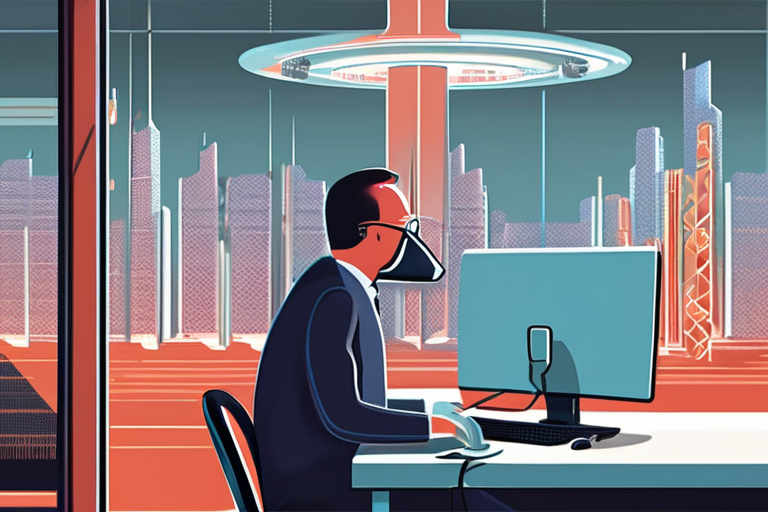
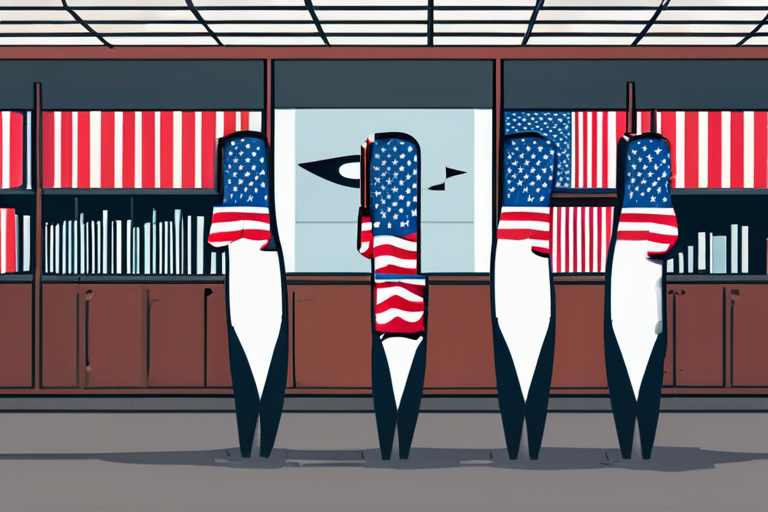
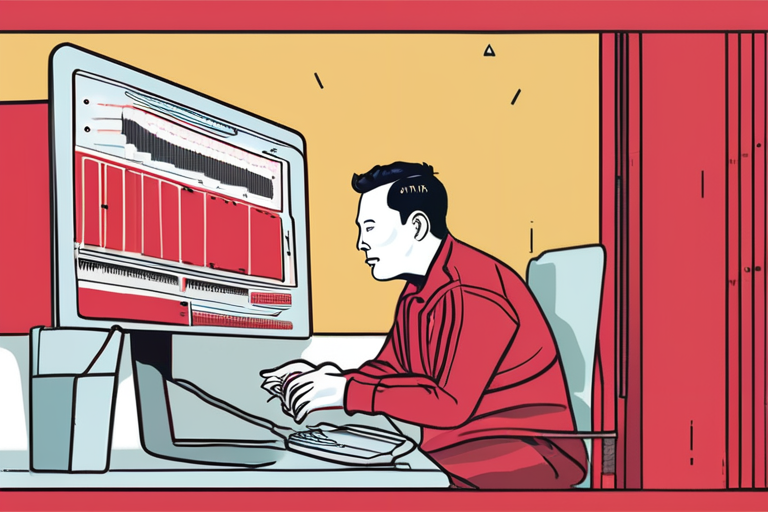

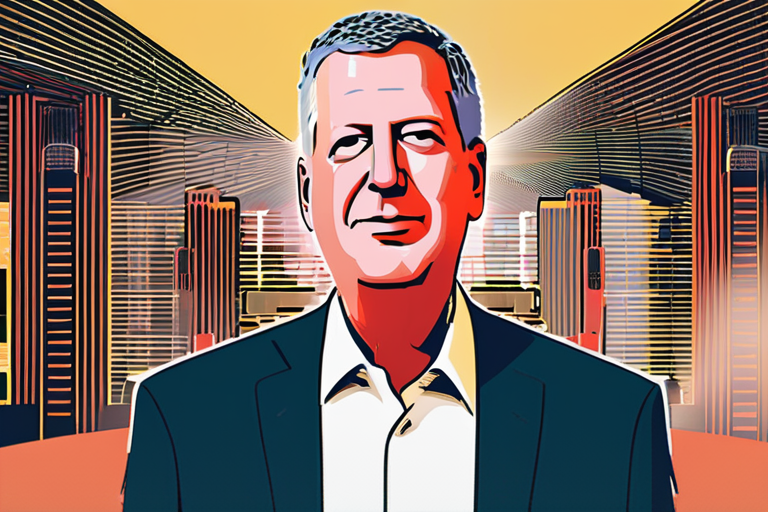
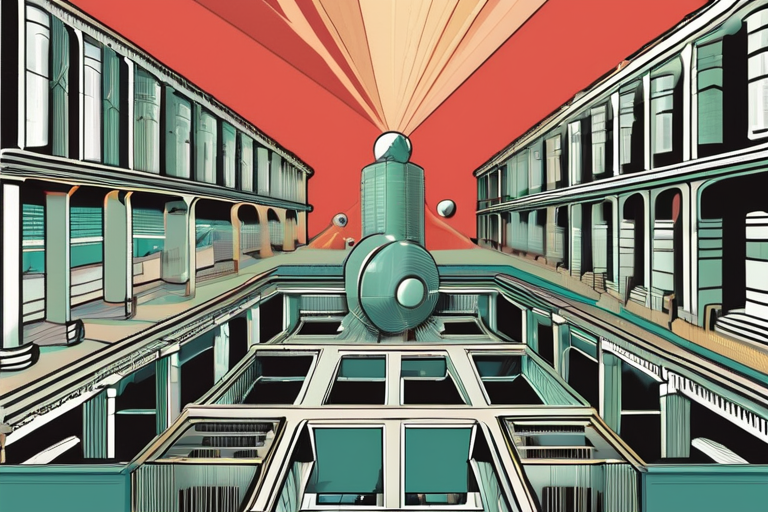
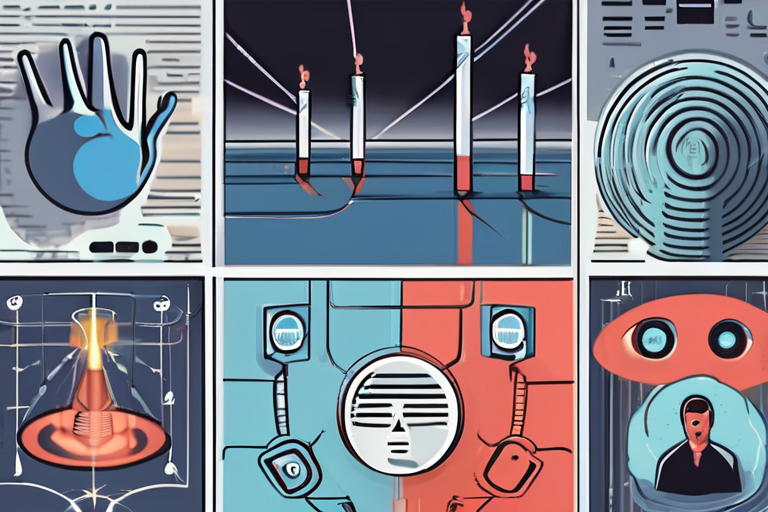

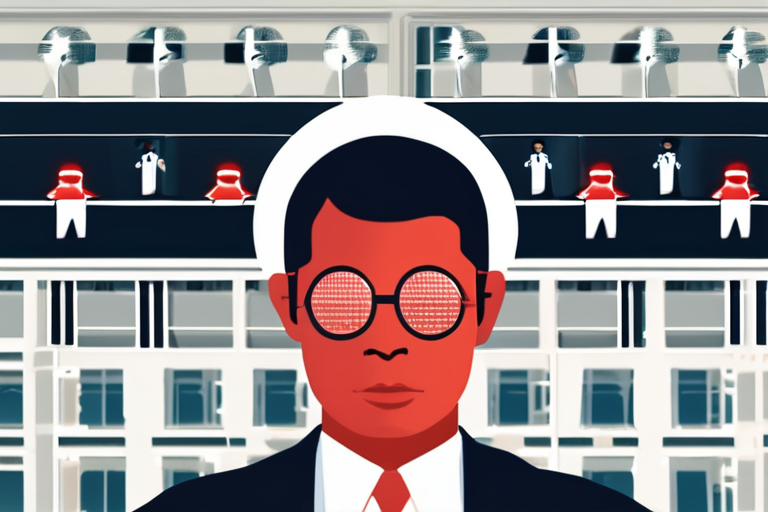
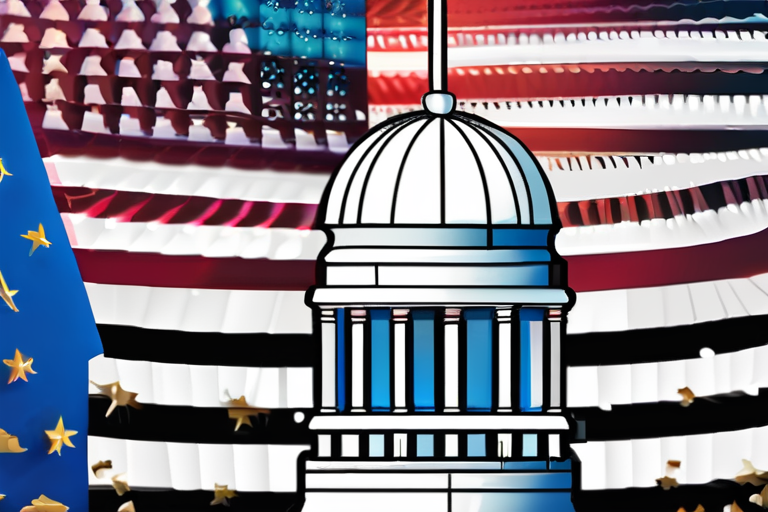
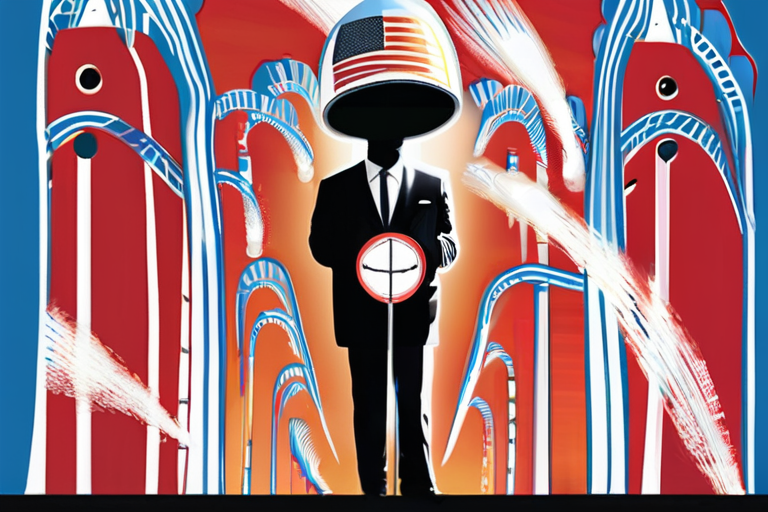
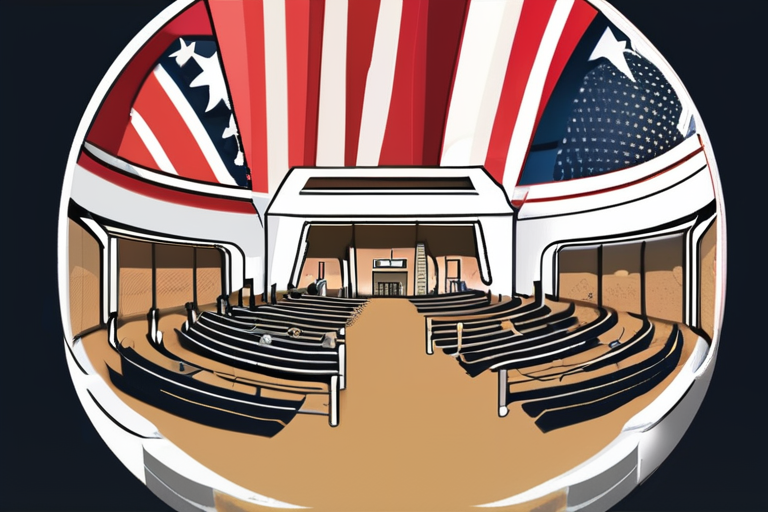
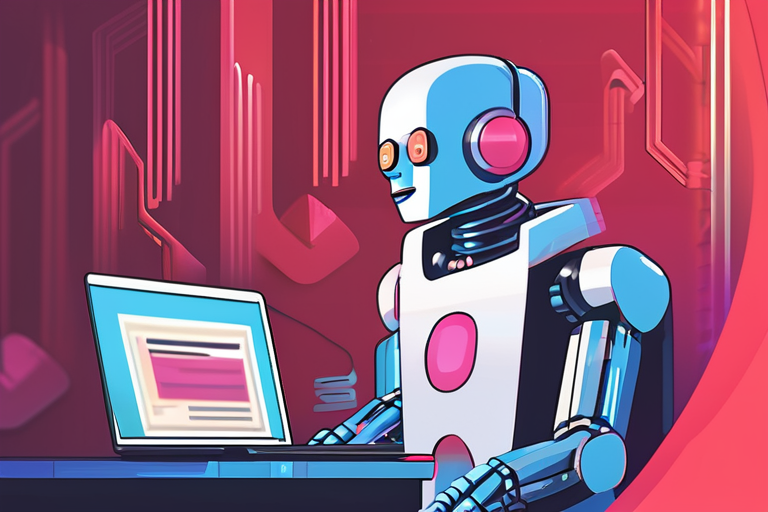
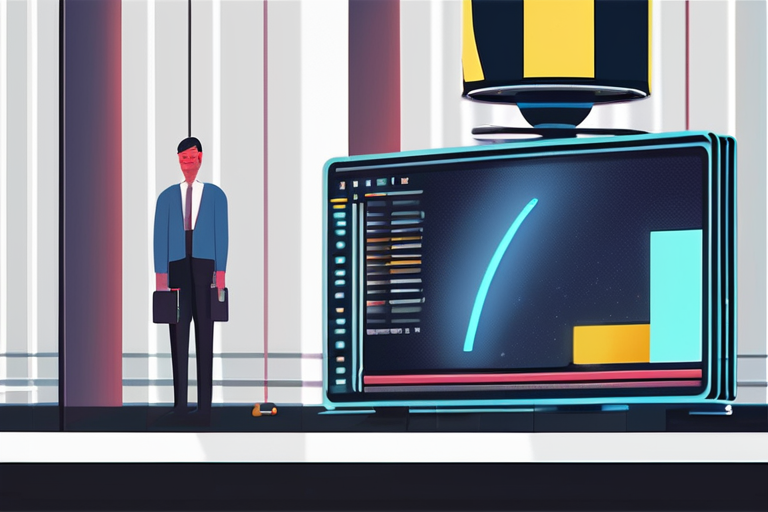
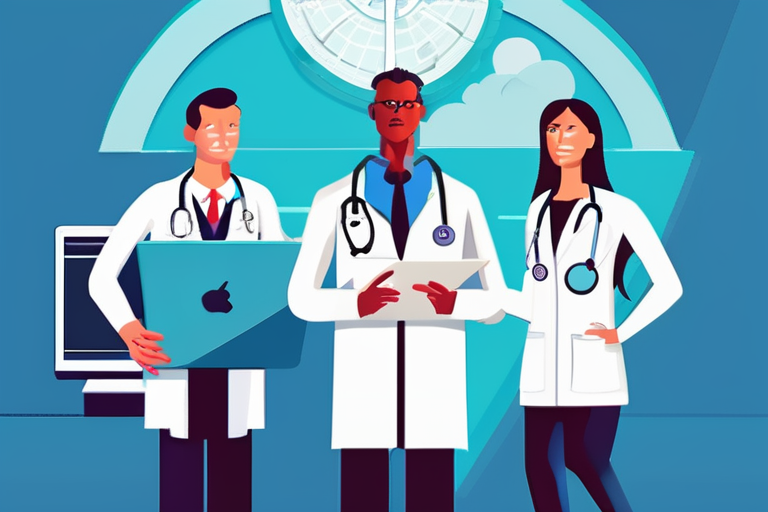
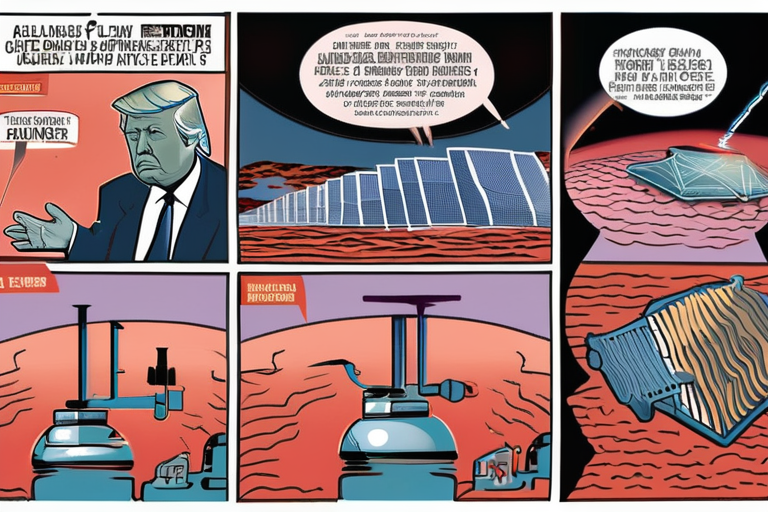

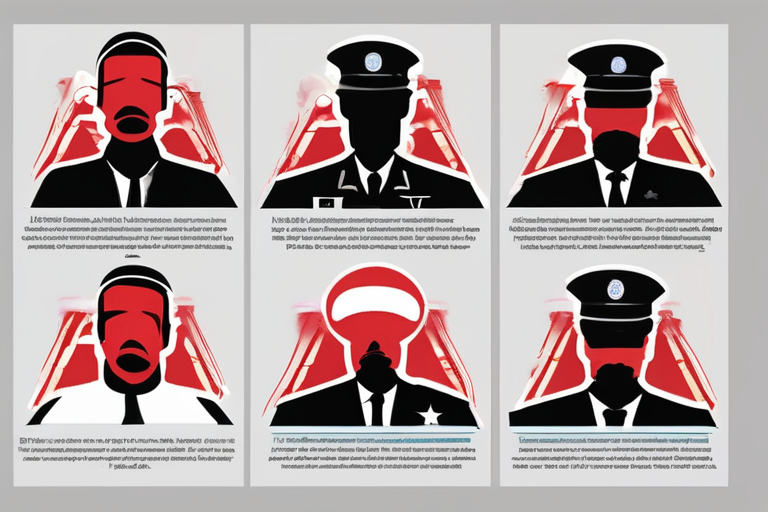
Share & Engage Share
Share this article